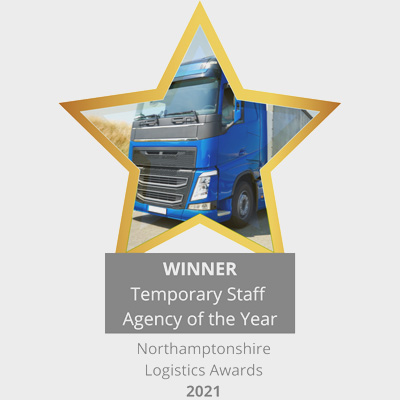References: Employer’s quick guide
How much do you know about references?
As an employer, you have most probably been asked many times to provide references for one of your former employees. You might have automatically filled in a form and sent it back, or maybe wrote a quick letter to confirm you employed such and such a person. But do you know where you stand legally when it comes to providing references? How much do you know about conducting or/and obtaining references?

Are references important?
Nowadays the main problem during the recruitment process is the inaccurate skills evaluation of a potential employee. Nobody knows their performance and abilities better than their former employer. The main purpose of the references is to provide a future employer with more accurate information.
It should become a habit to help future employers better judge the candidates before employing them or turning down their job application. Surely, you would appreciate detailed and fair references especially for your potential recruit, so why not give someone a better understanding of their future employee that used to work for you?
According to GOV.UK as an employer you are under no obligation to give references unless
• there was a written agreement to do so
• they’re in a regulated industry, like financial services
If you decide to provide references, there is no rule how long or detailed it must be but make sure it’s fair and accurate.
How much information can you disclose about your former employee?
Basic information can include confirmation of the employment. Some employers send out a simple Reference request form asking to confirm date of employment, reason for leaving or a simple question like: Would you re-employ?
Basic references might not be helpful enough for the future employer. Many, however, choose the simple option for one reason: to avoid giving bad references.
More detailed References can include:
• Basic facts about the job applicant, like employment dates and job descriptions.
• Answers to questions that the potential employer has specifically asked about the job applicant that are not usually given among the basic facts, such as absence levels and confirming the reason for leaving
• Details about the job applicant’s skills and abilities
• Details about the job applicant’s character, strengths and weaknesses relating to the suitability for the role they have applied for
(source www.acas.org.uk)
Related article : 7 reasons for interview no shows and how to manage them
Be careful with bad references
As mentioned earlier your references should be true, fair and accurate. Always make sure you can back it all up, for example by supplying an example of warning letters. Avoid giving opinions that are not supported by facts. Your previous worker might take it to court if they think they’ve been given an unfair or misleading reference that you have no evidence for.
Many employers refuse to give bad references (unless legally bound) because they fear legal actions if their opinion is considered not to be 100% accurate. Refusing to give references may ring warning bells in the ears of a recruiter.
(source www.totaljobs.com)

References on LinkedIn.
LinkedIn is becoming a very powerful tool when it comes to recruiting and job seeking. Whether you are conducting or seeking references as an employer, LinkedIn can give you a good background check of your potential employee as well as give you some tips on the person’s performance, recommendations and references.
“With care and consideration, you can give valued performers an employment boost. Your informal, truthful, documented performance assessment may provide the tip of the scale in favour of your former employee’s next opportunity.” – by www.thebalancecareers.com
Similar Posts:
- How vital are Driving Licence Checks?
- 5 tips for effective recruitment
- Keeping the employee morale up during COVID-19
- Mental Health in the Workplace: Time To Take It Seriously
- NN1 Personnel signs the Armed Forces Covenant.






